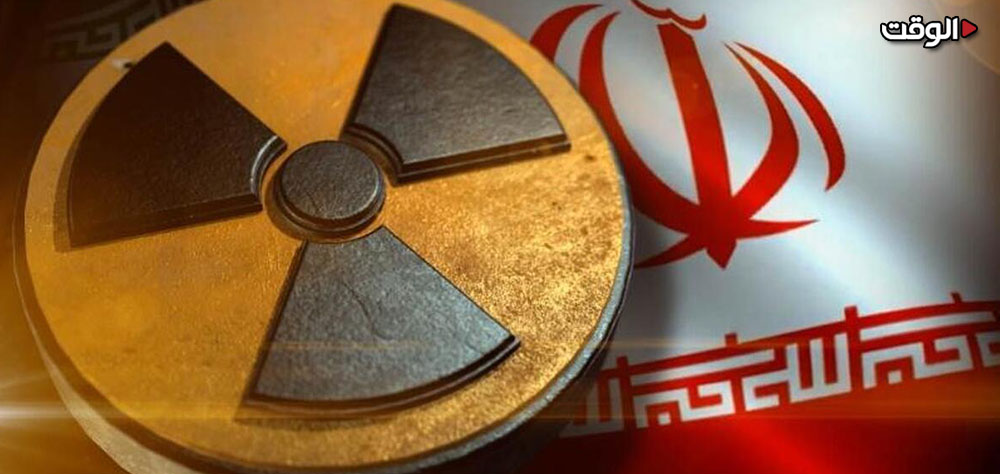Alwaght- In the turbulent world of geopolitics, energy has always been one of the main levers of power. Countries that have been capable of dominating energy resources or controlling energy transportation routes have played a determining role in international equations. Meanwhile, Iran with its vast hydrocarbons resources has always grabbed attention of world powers. However, what is today more than any other thing putting Iran in the spotlight of the US and its allies is Tehran's growing capacity to join the club of nuclear powers and its impact on the energy market from a new angle.
Beyond traditional energy: Iran and emerging advantages
Iran is not only the world's second natural gas reserves holder and fourth oil reserves holder, but also has obtained the technology to use nuclear energy. Iranian nuclear program is advancing despite massive pressures and all-out sanctions, advances that can transform the Islamic Republic from a mere crude energy exporter to a technological actor in the new and nuclear energies.
Nuclear energy, a lever for independence and deterrence
In the eyes of the US, Iran's acquisition of nuclear capabilities, even for peaceful civil uses, means strengthening the country's deterrence against political and military pressure. An Iran equipped with nuclear knowledge and infrastructure will not only be more resilient to sanctions, but will also be able to use nuclear energy as an instrument for diplomacy and engagement with the East.
Iran's strategic cooperation with such countries as China and Russia in energy sector is part of this new equation that challenges the power structure in the global energy market.
Challenging existing order in energy market
The US and its allies for years have established their power through their domination of energy market especially using petrodollars and energy transportation systems and mechanisms. But rise of a new power in West Asia region capable of producing and exporting energy in a different (non-Western) way represents a serious warning to this Western-dominated order.
Additionally, in a world moving towards diversifying energy sources and transitioning away from fossil fuels, nuclear energy can play a decisive role. If Iran can gain a share of this emerging market, then its influence and power will be enhanced not only in the region, but also internationally.
Finally, it should be added that what worries the US is not the number of Iran's nuclear enrichment centrifuges or percentage, but also is the possible birth of an independent, technological, and energy-rich power capable of challenging Western-dominated global energy order. This concern has roots deeper than politics ; roots that originate from a nature of shifting world power balance and decline of the Western energy hegemony.



























